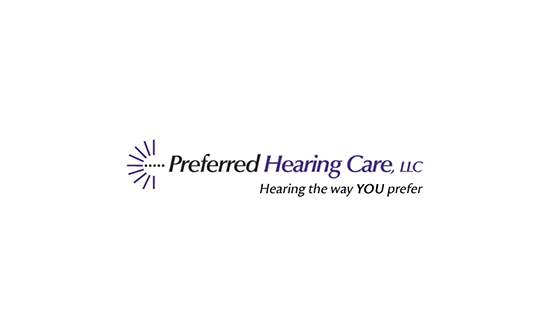America’s affinity for guns is almost unique across the globe; we were raised with television programs and movies about police and cowboys and heroic characters who were all carrying guns and shooting them constantly. The impression left by these visuals was definitely potent, because the US still has millions of gun owners who shoot them on a regular basis, while hunting or at firing ranges. But what the TV programs and movies didn’t show was that anyone firing guns often most likely spent the last few decades of their lives deaf, or suffering from significant hearing impairments.
Hearing loss from noise exposure, termed noise-induced hearing loss (NIHL), is one of the most common forms of hearing disability. NIHL can be caused by two types of noise – transient sounds at high decibels (such as gunfire or explosions), and sustained high noise levels (such as working around heavy machinery)
Sound levels are measured on the decibel scale. Zero decibels is total silence. A whisper is around 15 decibels. A normal conversation is around 50 to 60 decibels. The decibel scale is logarithmic. 60 decibels is twice as loud as 50, 70 is four times as loud as 50, and 80 is eight times as loud as 50. Continuous exposure to sounds in excess of 90 decibels may lead to permanent, NIHL in a matter of a few weeks. Ear damage may also occur in a much shorter time (minutes) from exposure to much louder sound levels, for instance the 120 decibels you experience around a rock concert or near a jet engine.
A gunshot measures 140 decibels.
You will find one portion of the gun debate, that everyone agrees on. Gun aficionados, regular people, and hearing professionals all concur that everyone firing a gun should use ear protection. Selecting the best hearing protection depends on the form of shooting you intend to do.
For those who normally shoot guns at shooting ranges, the ideal ear protection is the “muff” headphones which fit over the ear, as these prevent the gunfire sounds from hitting not only your inner ears, but also the cochlear bones behind them. Many shooters who care about their hearing combine such ear muffs with in-the-ear foam plugs with a Noise Reduction Rating of 30 or higher, to ensure greater protection. On the top end of the price range there are also electronic noise-cancelling headphones engineered specifically for shooters, which are expensive but which will offer the highest possible levels of protection. Electronic noise-cancelling headphones have the added benefit of permitting you to hear normal-volume conversations while blocking out the transient gunshots.
If you like shooting guns, before you next visit the shooting range, talk to your hearing care specialist about ear protection. Then stick to the recommendations they give, while you can still hear them talking to you.
